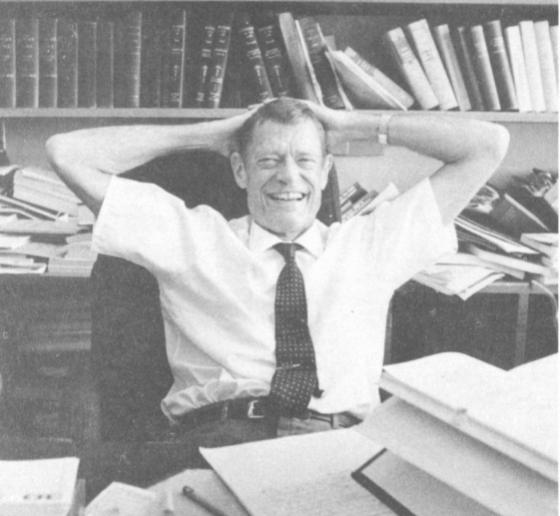About the Award
The Willis L.M. Reese Prize for Excellence in Teaching was established in 1993 in memory of Professor Willis Reese, Charles Evans Hughes Professor of Law and director of the Parker School of International and Comparative Law. Reese’s passion for teaching and dedication to his students was legendary. The prize is awarded annually at graduation by the graduating class to a professor who exemplifies excellence in teaching at Columbia Law School.
List of Winners
2025 Clare Huntington ’96
2024 Jessica Bulman-Pozen
2023 Kellen R. Funk
2022 Eric Talley
2021 Maeve Glass ’09
2020 Bert Huang
2019 Zohar Goshen
2018 Edward Morrison
2017 Eric Talley
2016 Olatunde Johnson
2015 Jessica Bulman-Pozen
2014 Gillian Metzger ’96
2013 Conrad Johnson
2012 Robert J. Jackson Jr.
2011 Trevor W. Morrison ’98
2010 Alex Raskolnikov
2009 Suzanne B. Goldberg
2008 Philip M. Genty
2007 Carol Sanger
2006 Zohar Goshen
2005 Ariela Dubler
2004 Samuel Issacharoff
2003 Robert A. Ferguson
2002 David M. Schizer
2001 Kellis E. Parker (in memoriam)
2000 Curtis J. Berger (in memoriam)
1999 John F. Manning
1998 John F. Manning
1997 Harvey J. Goldschmid ’65
1996 Harvey J. Goldschmid ’65
1995 Anne Alstott
1994 Gerard E. Lynch ’75
1993 Paul Shechtman
